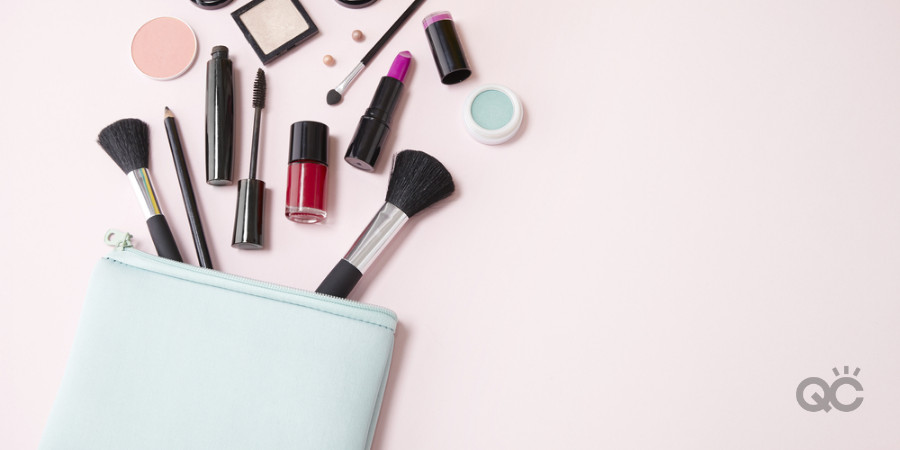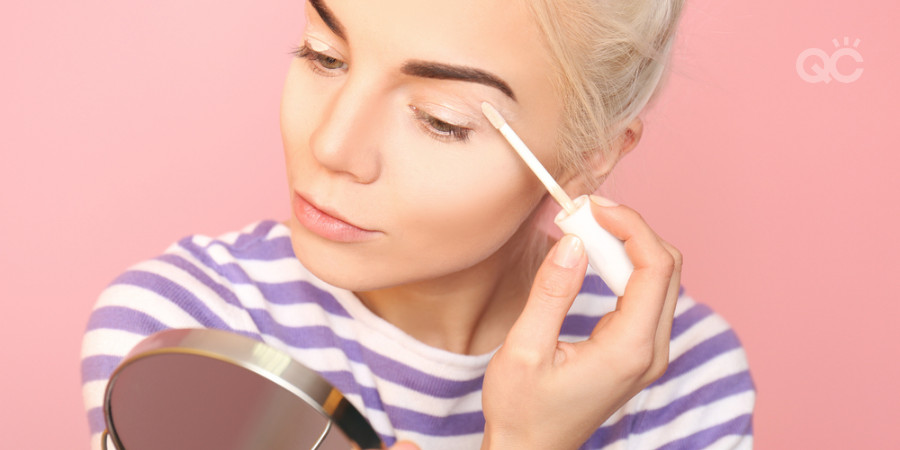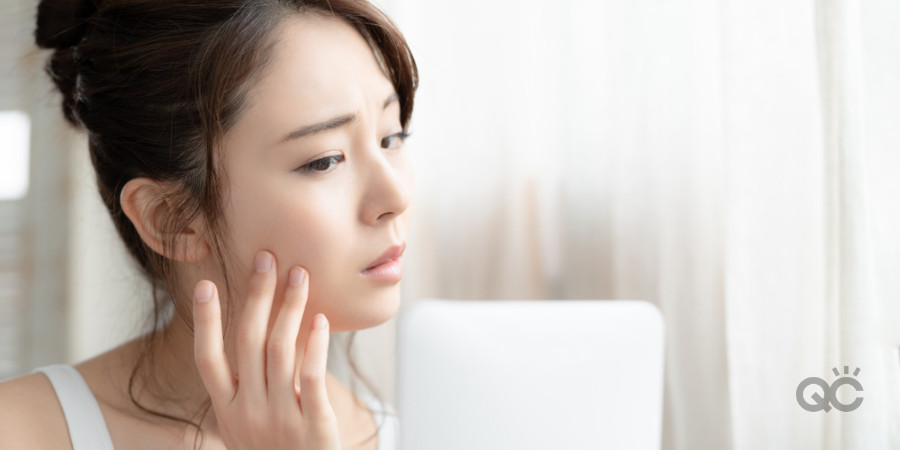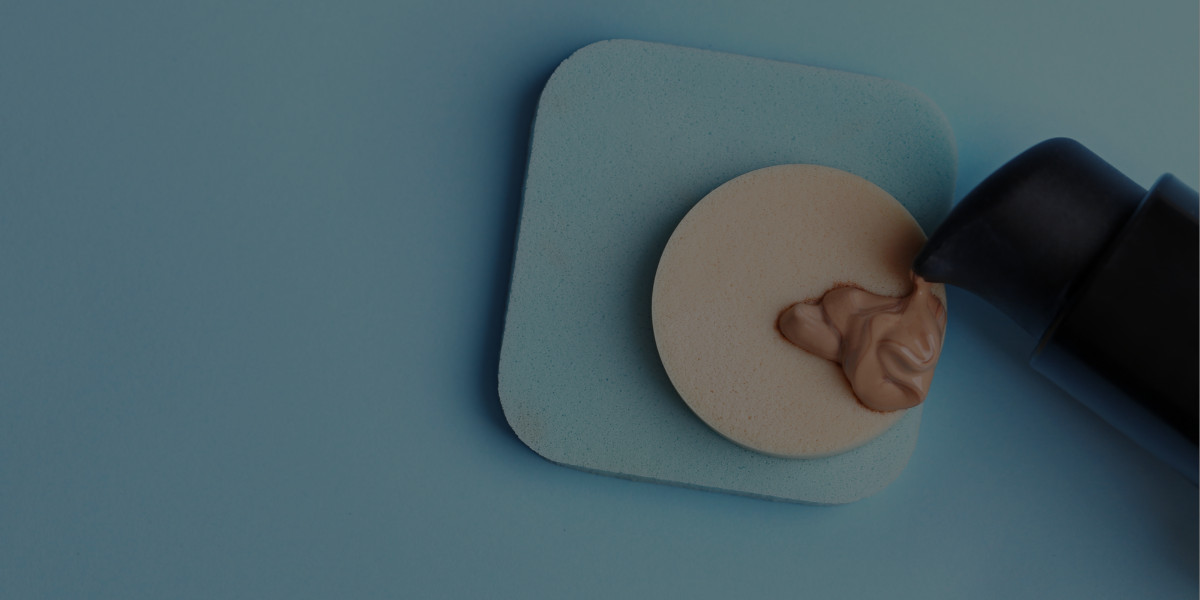It takes a lot of hard work to get to the top. But you can make it there a lot faster if you learn from those who came before you. Every path is individual, but some lessons are universal.
Today, we are going to cover some of the biggest mistakes made by those who are starting a career in makeup.
Keep reading!

1. Using your professional makeup kit for personal use
This is a huge mistake for two major reasons. The first, people are far less likely to properly sanitize products they consistently use on themselves. No matter how good your intentions are, at some point, you will double-dip into your mascara, concealer, or gel eyeliner. Although that is no issue for you, it can be potentially harmful to your clients. Double-dipping is not acceptable. If you do it, that product can never be used in your professional makeup kit again!
The second problem with using your kit for personal use is that you’ll forget items. I cannot tell you the number of times young makeup artists show up to work without their palettes or foundations. After using them at home, they bolt out the door, forgetting products left on the bathroom counter. As a professional makeup artist, your kit should be treated as a tool of the trade, not as your personal makeup bag.
2. Putting trends before classic techniques
Beginner makeup artists are often heavily influenced by social media beauty gurus. This translates to makeup that’s far more trend-based and dramatic than what’s favored in the professional makeup world. Although you will do dramatic and bold applications here and there, they aren’t the majority of applications you’ll do.
When you’re learning makeup through classic techniques, you’ll avoid the paint-by-numbers learning style that has people duplicating “looks” seen online. All too often, this approach turns people into copy artists who can only do versions of the looks they’ve memorized. Learn the classic techniques and be an artist who creates, not copies.

So, where can you look to find makeup inspiration? Instead of following influencers online to learn what’s happening in makeup, look to the real world. Watch award shows, read beauty magazines, and keep up-to-date on the runway collections in New York and Paris. Follow the featured makeup artists in all these media to get the scoop on industry trends.
3. Not using the right primer or using none at all
Makeup primers even out the skin and prepare it for a smooth foundation application. Using primer also prevents your makeup application from melting off your client’s face and also prolongs the desired finish.
New makeup artists often think they can skip the primer. They don‘t see the need for it or want to spend their money on more “exciting” makeup products. This is a big mistake! Face and eye primers make makeup products look better on the skin while making them last longer.
A second mistake is using a one-size-fits-all primer. No primer suits every skin type. The ingredients in oil-controlling primers are different from primers that address dry skin. Using the correct primer on your client will create a stunning result and long-lasting makeup application.
4. Not learning about the skin
Skin is the canvas all makeup artists work on. Yet the majority of makeup artists do not know how to properly identify skin types, much less know the difference between skin types and skin conditions.
I am not suggesting that you must become an esthetician to succeed in your makeup career. But, you should learn about skincare so you can deliver the best service to your makeup clients. You must choose products with ingredients that directly address your client’s skin needs. It’s the only way to control the makeup finish and longevity.

5. Lacking diversity in your professional makeup portfolio
Many new artists are drawn to the allure of dramatic and heavy makeup applications. Of course, that should be a part of your repertoire—you should be up-to-date with all makeup techniques. But know that the majority of paid makeup jobs in the real world request soft and natural makeup looks. You’ll likely book a job here and there that calls for major drama and creativity. But most often, you’ll be hired for makeup jobs requiring a softer approach to makeup.
Take a look at the work of bridal photographers in your area. Their wedding portfolios will show off the types of bridal makeup applications popular with actual paying brides. You’ll see many soft and effortlessly glamorous looks. Fashion catalogs, TV shows, and commercials will also show you the type of makeup that is popular and in demand in the makeup industry.
I do not want to crush your creativity. But if all your work is wild and bold, it’s less likely that you’ll be hired for your makeup services. Make sure that at least 60% of the work in your makeup portfolio or media feeds shows examples of what the people in your area are looking for.
These are a few of the common mistakes that new artists often make. Learning from them will help you reach your career goals fast.
What other mistakes do rookie makeup artists often make? Let us know!

I love reading these each time a new one comes up! Really helpful advice xx
Very important things where lot of us make a mistake. Thank you. Good advices
These are things that I had learn on myself. And now that I have gone through these mistakes, I was definitely able to learn from them, especially before building clientele. I’m glad that I made these mistakes on myself and not anyone else.
Nathan is a great teacher,I am learning so much from him, and how to improve my skills. Qc allows me to take my time. It helping me find my creative side again. I suggest QC for school!
really helpful great advice
I love these! So helpful, really good advice!
Most of these I’ve known for a bit now and I’m glad to learn more now that I’ve signed up. I’m so excited!